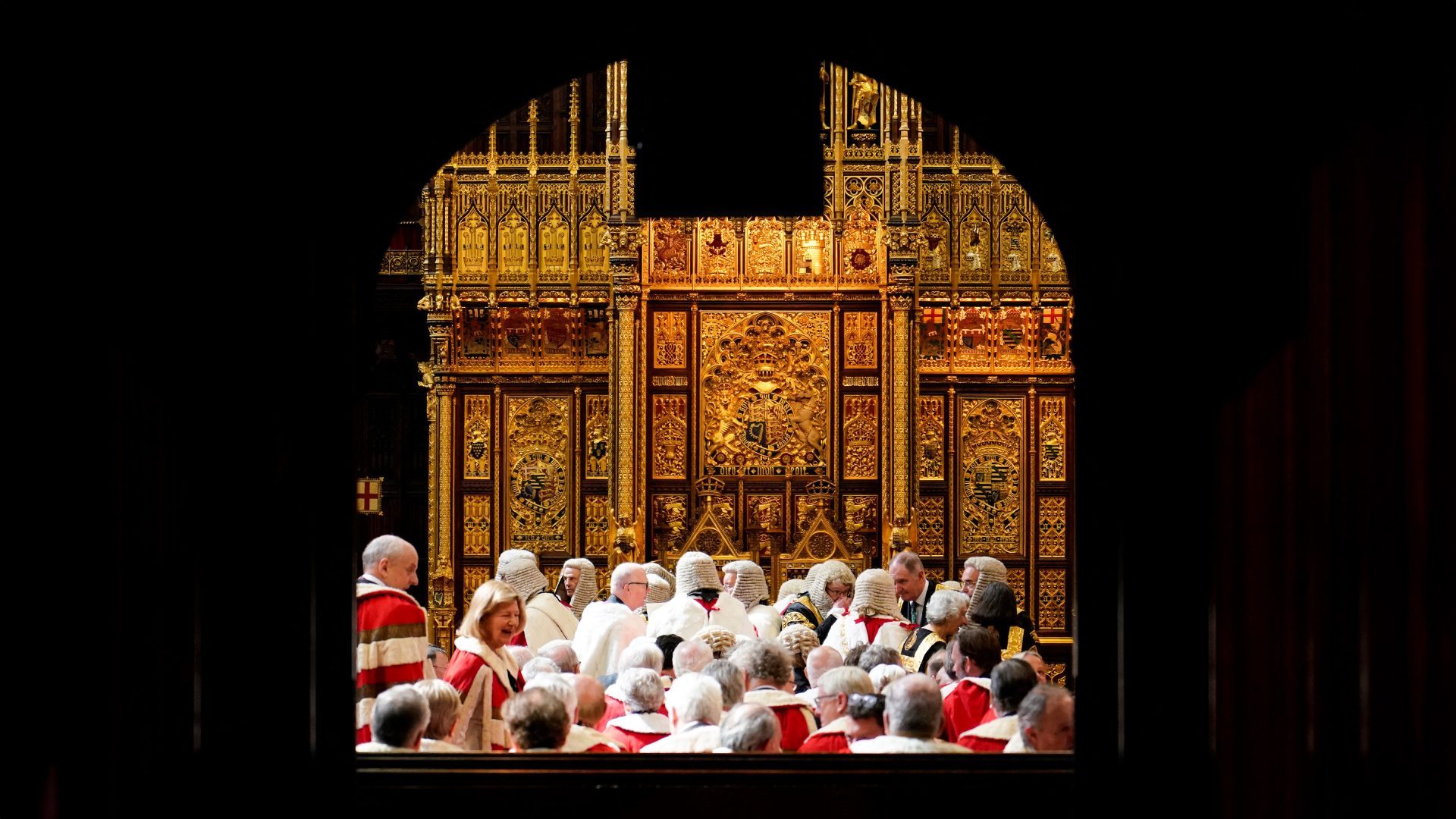Threatened with imminent extinction, one rare breed has staged a spirited bid for survival. In a long debate on the Bill that would finally do away with the right of 92 hereditary peers to be members of the British legislature, they and their supporters advanced a battalion of reasons as to why they should be allowed to live on a while longer.
These ranged from the assertion that it was a vindictive action from a government that surely should be devoting parliamentary time and effort to dealing with more pressing issues to the claim that these holders of inherited titles brought some necessary regional balance to the Lords, given that many of them had estates outside the south-east.
The Earl of Devon queried whether it was “sensible to discard our real link to Waterloo and the post-Napoleonic settlement?” (Readers of this newspaper may have strong views on that.)
And several speakers argued that the existing cohort of hereditary peers now in the House of Lords had won their seats through a democratic process, unlike the majority of peers, who had been appointed to their role, often for somewhat dubious reasons.
While substantial donations do seem to have contributed to securing a peerage in some cases, it takes a degree of chutzpah to cite the hereditaries as an example of democracy at work. Their continuing presence in parliament is the result of an unholy compromise arrived at in 1999 when all hereditaries were expelled from the Lords but they were allowed to elect 92 to be deemed ‘excepted’ and continue as active members of the upper house.
When one of their number dies, or chooses to retire, a replacement for him – and it is only ever him, since the law still, in almost every case, decrees that males should succeed – is elected, but the candidates must come from a defined group of other members of the peerage.
One Labour life peer, Lord (Bruce) Grocott, served four terms as an MP so knows something about fighting elections. He has taken a particular interest in the way in which the system works. In June 2022, Lord Grocott pointed out, with a degree of relish, that, in less than a year, seven new members had been elected to seats in the Lords.
Because of the people they were replacing, all the candidates were Conservatives, as were the members of the Lords who comprised the electorate. “Normally, in-by-elections, the tradition in this country is that it is possible for the governing party to lose,” he observed wryly. But not in these contests.
The fact is that many of the hereditaries currently in the Lords play a very useful role there, far more so than many of the appointed members, who enjoy having a title they did not inherit but do not want to spend long hours labouring over nitty gritty amendments to legislation or working on the committees that form an important part of the Lords’ scrutinising efforts. But the principle of ancestry conferring any right to a presence in a 21st century legislature is indefensible. Many more reforms are needed before the upper house might begin to resemble the ideal second component of a bicameral legislature.
In its manifesto, the Labour Party promised several changes and there is griping that this is the only one on which they have moved to legislation. There was to be a mandatory retirement age and a requirement for a certain level of participation and the eventual aim, it said, was to replace the House of Lords “with an alternative second chamber that is more representative of the regions and nations”.
However, culling the hereditaries is a relatively simple business, even if opponents try to delay the legislation, as is being threatened, with numerous amendments to what is currently a mercifully tight Bill. More far-reaching reforms, such as a mandatory retirement age, risk being mired in debate for a very long time.
Cynics will have also noted that Labour avoided specific commitment to reducing the size of the Lords, despite it being one of the largest legislative chambers in the world. The reason, of course, is that the governing party likes to have by far the biggest presence in both chambers in order to ensure the smooth passage of its legislation and, at the moment, Labour is a long way off emulating in the Lords its dominance of the House of Commons.
Even if the remaining hereditaries were excluded, there would be significantly more Tories than Labour members in the Lords. With the support of the Liberal Democrats, Labour would comfortably beat the Conservatives but the crossbenchers – of which I am one – would still number more than 150 without their contingent of hereditaries and they are an idiosyncratic bunch whose votes cannot be taken for granted by any of the other parties.
So Labour will be celebrating the New Year by ennobling a slate of new lobby fodder for the Lords. The expectation is that as many as 30 new Labour peers could be appointed to a house which the government is pledged to reform. The irony is clear but expediency trumps principle when practicality comes into play.




